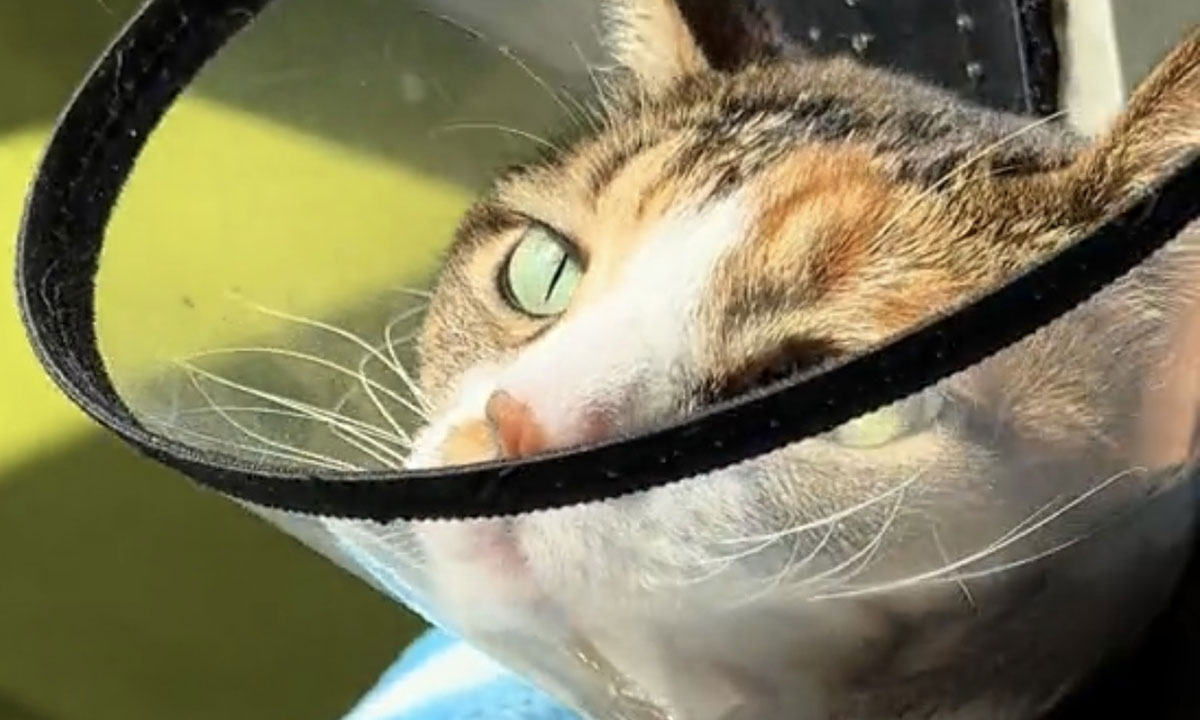As a responsible cat owner, it’s crucial to be aware of the various health conditions that can affect your feline friend. One such condition is pancreatitis, a potentially serious condition that requires prompt veterinary attention. In this comprehensive guide, we’ll delve into the intricacies of pancreatitis in cats, providing you with the knowledge you need to recognize the signs, understand the causes, and ensure the proper management of this ailment.
What is Pancreatitis in Cats?
Pancreatitis is an inflammation of the pancreas, a vital organ situated near the stomach that plays a crucial role in the digestive process. In cats, pancreatitis can range from a mild, acute episode to a more severe, chronic condition. When the pancreas becomes inflamed, it can disrupt the balance of enzymes and hormones, leading to a variety of symptoms and complications.
Causes of Pancreatitis in Cats
The exact cause of pancreatitis in cats is often multifactorial and not fully understood. However, some common risk factors and potential triggers include:
- Dietary indiscretion: Consuming fatty or rich foods, table scraps, or sudden changes in diet can contribute to the development of pancreatitis.
- Underlying medical conditions: Disorders such as diabetes, hyperlipidemia, and hypothyroidism may increase the risk of pancreatitis.
- Trauma or injury: Physical trauma to the abdomen, such as a fall or car accident, can also trigger an episode of pancreatitis.
- Certain medications: Some medications, including diuretics and certain antibiotics, have been associated with pancreatitis in cats.
Symptoms of Feline Pancreatitis
The clinical signs of pancreatitis in cats can vary greatly, and some cats may even exhibit no outward symptoms at all. However, some common signs to be aware of include:
- Lack of appetite or anorexia
- Vomiting and nausea
- Abdominal pain and discomfort
- Lethargy and decreased activity
- Dehydration
- Fever
- Diarrhea
If you notice any of these symptoms in your cat, it’s essential to seek immediate veterinary attention, as pancreatitis can quickly escalate and become life-threatening if left untreated.
Diagnosis and Treatment of Feline Pancreatitis
To diagnose pancreatitis, your veterinarian will typically perform a combination of physical examinations, blood tests, and imaging studies, such as abdominal ultrasounds or radiographs. These diagnostic tools help identify the presence and severity of the inflammation, as well as rule out other potential causes.
The treatment approach for pancreatitis in cats often involves a multi-faceted strategy, including:
- Fluid therapy to address dehydration and electrolyte imbalances
- Pain management medications to alleviate discomfort
- Dietary modifications, often involving a low-fat, easily digestible diet
- Anti-nausea medications to control vomiting
- In severe cases, hospitalization and close monitoring may be necessary
Prevention and Long-Term Management
While pancreatitis can be a serious condition, there are steps you can take to help prevent and manage it in your feline companion. These include:
- Maintaining a consistent, high-quality diet without sudden changes
- Avoiding table scraps and fatty foods
- Monitoring your cat’s weight and overall health
- Promptly addressing any underlying medical conditions
- Seeking regular veterinary check-ups and following your vet’s recommendations
By understanding the complexities of feline pancreatitis and taking proactive measures to support your cat’s health, you can help ensure your furry friend enjoys a long, happy, and healthy life.
